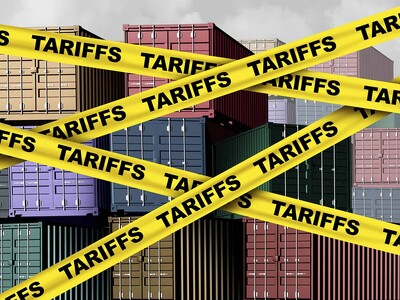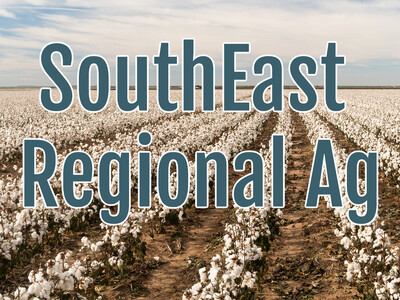Weather Trumps Economics
Weather Trumps Economy
I’m KayDee Gilkey with the Northwest Farm and Ranch Report.
The emerging nations are the positive story in global economics. The BRICS -- Brazil, Russia, India, China and South Africa and the KIMT -- South Korea, Indonesia, Mexico and Turkey. Since 2000, these countries have represented nearly 50 percent of the world’s economic growth.
Dr. Dave Kohl, Globetrotting Emeritus ag econ professor from Virginia Tech has a method of getting a pulse on which direction U.S. commodity prices are headed by examining how the emerging nations’ economies are faring. He explains his 8-5-3 rule.
Kohl: “If you see these emerging nations growing at about 8 percent or great GDP there is going to be strong demand for commodities: that’d be wheat, corn, soybeans, oil, minerals, etc. If they drop down to a 5 percent growth rate it will take 20 percent off right of commodity prices. And if they go to less than 3 percent, that means that these emerging nations are in a recession and that could be the precursor to a collapse of commodity prices.”
The emerging nations as a whole began to slow down earlier this year and currently combined their growth rated dropped to 4.8 percent but Dr. Kohl says that this year, weather trumped his 8-5-3 rule.
Kohl: “You could see corn and soybean prices coming off as early as June but then all of a sudden Mother Nature kicked in and boy she turned the furnace on and she turned the spicket off and those two types of combination really played havoc on our commodity prices out there. Mother Nature trumped the global economic slow down.”













